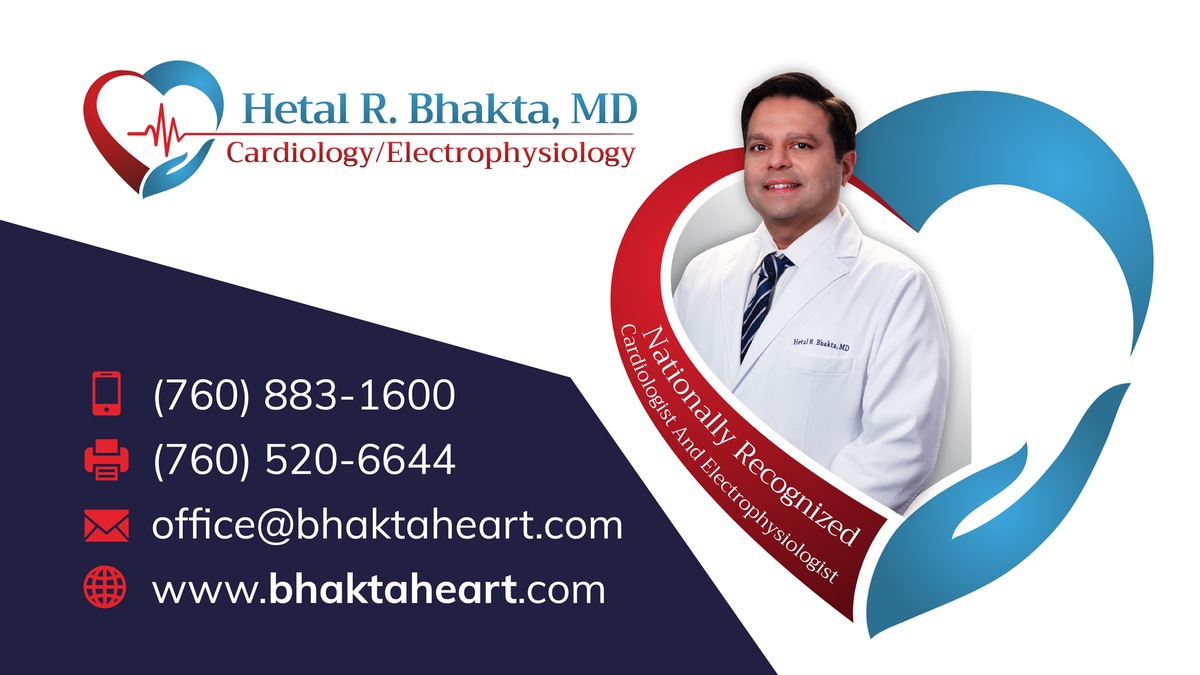Chronic obstructive pulmory disease, or COPD, is term used to refer to lung diseases associated with airflow obstructions. With COPD, lung funtion gets worse over time. This makes it difficult to breathe. COPD is generally used to describe two related lung diseases: chronic bronchitis and emphysema. Many people with COPD have both of these conditions.
COPD is most often caused by smoking. Most people with COPD either smoke or used to smoke. Job-related dusts and chemicals can also contribute to COPD. Long-term exposure to other irritants in the air, like pollution, dust, or chemicals, may also contribute to COPD.
Chronic obstructive pulmonary disease (COPD) is a term used to describe a group of chronic lung diseases. COPD can be used to describe chronic bronchitis and emphysema. Many people with COPD have both of these conditions. With COPD, lung funtions gets worse over time, since the airways that carry air to and from yout lung are partly bloked. This makes it difficult to breache.
Chronic obstructive pulmonary disease (COPD) is most often caused by smoking. Most people with COPD either smoke or used to smoke. Job-related dust and cheminals can also contribute to COPD. Long-term exposure to other irritants in the air, like pollutions, dust, or cheminals, may also contribute to COPD.
Sympstoms of chronic obstructive disease (COPD) include:
The symptoms generally develop slowly. Althoung someone with COPD has a chronic cough, COPD is not contagius.
Some of the symptoms of COPD-Cough and shortness of breath-are vey similar to the symptoms of heart failure. But while COPD is a type of lung disease, heart failure result from heart and blood vessel disease.
Smoking can cause both COPD and heart disease such as heart failure. However, COPD results from the effects of smoking on the lung. On the other hand, heart desease may result from the effects of smoking on the blood vessels. To learn more about heart conditions such as heart failure, go to the Health Contiditions section.
Your doctors may suggest one or more of the tests listed below to diagnose chronic obstructive pulmonary disease (COPD). The test result can also help your doctor choose the best treatment(s) for you.
I some cases you may be sent to specialists for diagnosis an testing – and sometimes for treatment. To learn more, go to the Your Treatment Team section.
What is a chest x-ray
A chest x-ray produces an image of your heart, lungs, and nearby blood vessels. It reveals the:
An x-ray can help diagnose many different conditions, including heart diseases. And if you have a cardiac device like a pacemaker, the x-ray also shows the device and the coated wires (leads) that carry the energy to your heart.
What can I expect?
When you have a chest x-ray you undress from wais up and on a hospital gown. You are partly covered by a shield – a heavy apron made of flexible lead – to protect you from any excess radiation. (X-rays use only a small armount of radiation to create the image.) You stand in front of the x-ray machine and hold your breath while the image is taken. Your doctor usually orders two views: one from the back and one from the side.
Important Safety Information
Medications, procedures and tests can have some risks and posible side effects. Result may vay from patient to patient. This information is not meant to replace advice from your doctor. Be sure to talk to your doctor about these risks and posible side effects.
A spirometry test show how well you can brathe and thus how well your lungs work. During the test several Deep breaths and blow into a hose. The hose is spirometry test can detect COPD in early stages, when lifestyle changes and treatment can help slow the pace of the disease.
Because lifestyle factors can affect chronic obstructive pulmonary disease (COPD), part of your treatment may include living a healthier. For example, if you smoke, your doctor or nurse can describe some stop-smoking programs that might work for you. To learn more, go to the Risk Factors section.
Other types of treatment depend on your test result. Your may recommend one or more of these: brochodilators or steroids (to allow more oxygen to get into your lungs), a pneumonia vaccine, oxygen treatments, or surgery.
Sometimes the symptoms of COPD are similar to those of heart failure. But the treatments for COPS focus on the lungs. And the tratments for failure focus on the heart and blood vessels.
Important Safety Information
Medications, procedures and test can have some risk and posible side effects. Results may vary from patient to patient. This information is not meant to replace advice from your doctor. Be sure to talk to your doctor doctor about these risks and posible side effects.

Our knowledgeable and courteous staff will help set up a consultation for you, schedule surgical procedures, discuss your insurance, and answer any questions you may have.


